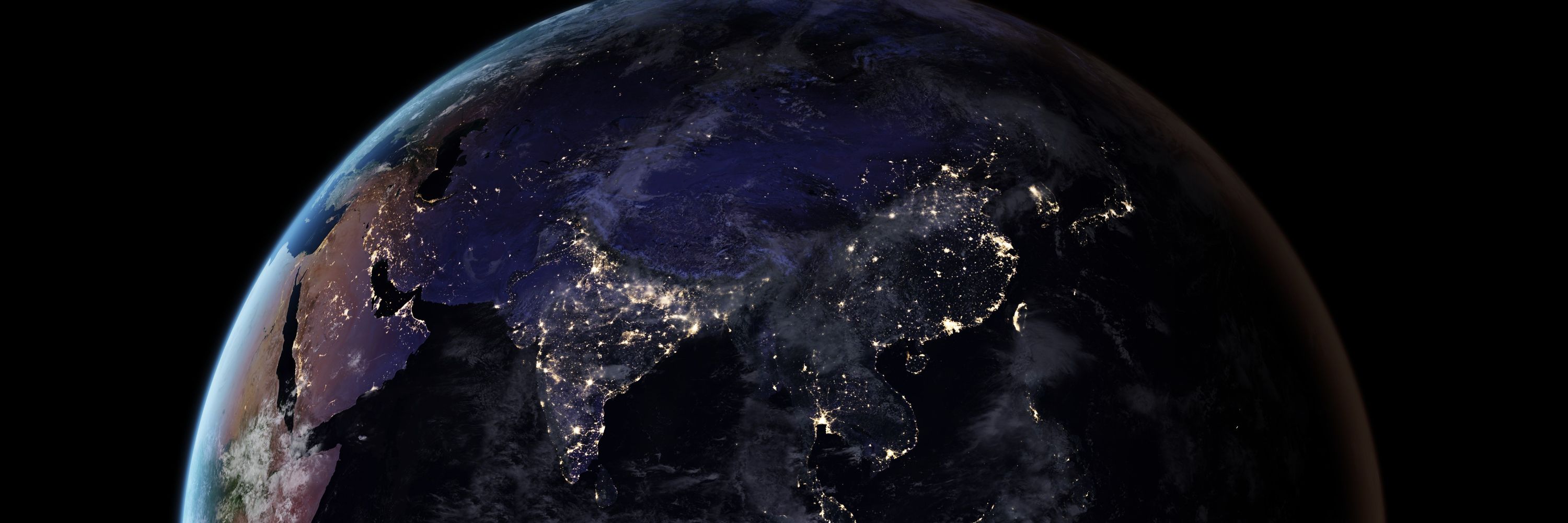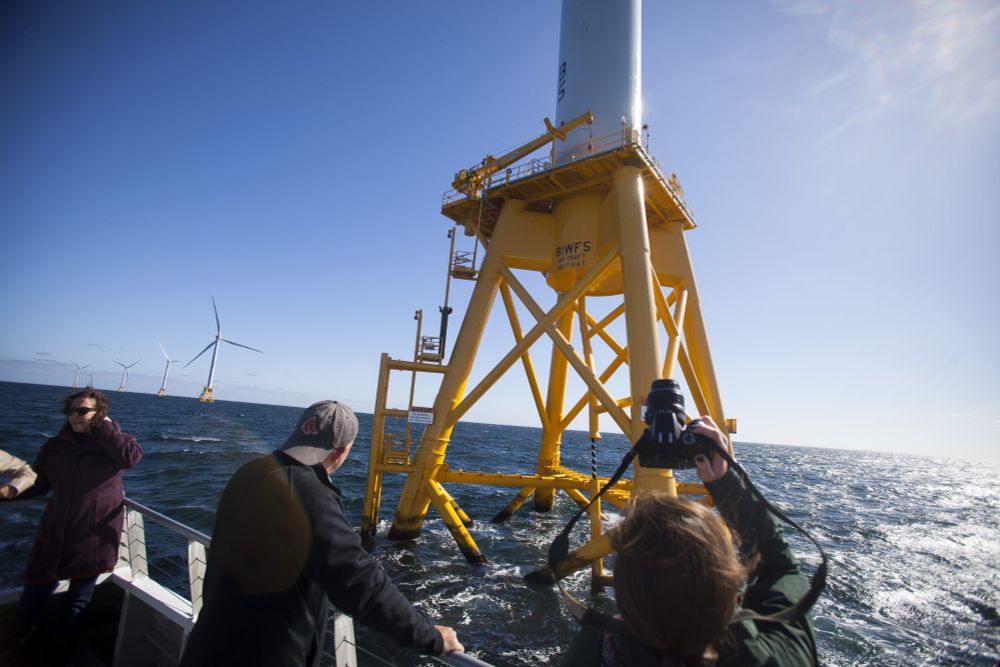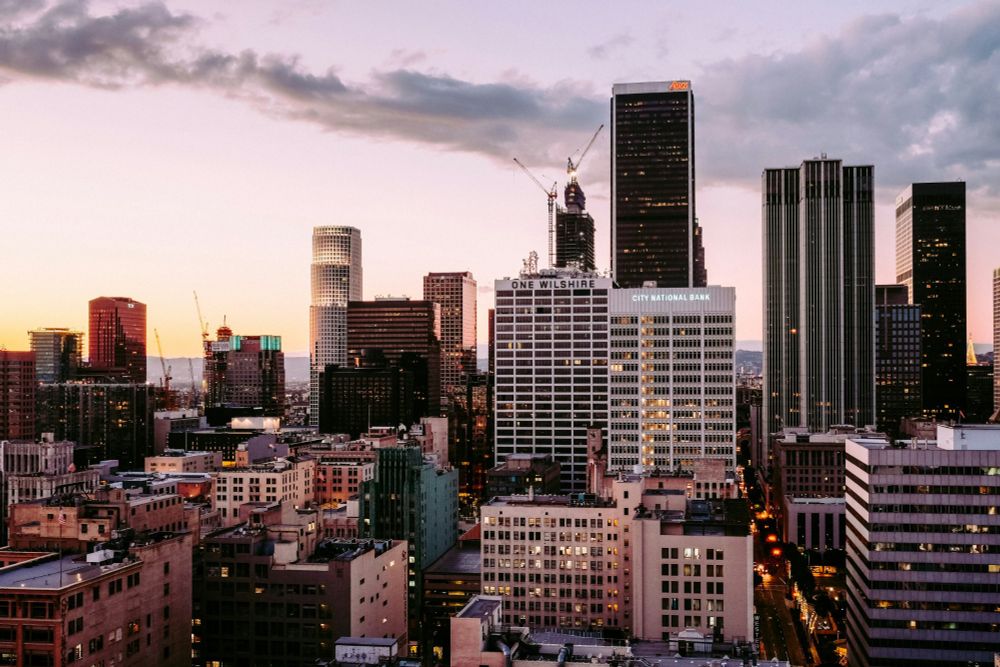Possibly
@askpossibly.bsky.social
46 followers
30 following
43 posts
Answering questions about the future of our 🌎 in four minutes or fewer. Ask yours! By science journalists for everyone. 🎙️Tuesdays on
@ripbs-tpr.bsky.social - 89.3FM.
Learn more at askpossibly.org
Posts
Media
Videos
Starter Packs
Possibly
@askpossibly.bsky.social
· Aug 26

Do food-sharing apps reduce waste? - TPR: The Public's Radio
Apps that connect customers to discounted leftovers that would otherwise be thrown out, are a great way to reduce food waste, but when you zoom out and look at the data, how much do these apps actuall...
thepublicsradio.org
Possibly
@askpossibly.bsky.social
· Aug 19

What does the ‘Big Beautiful Bill’ mean for homeowners? - TPR: The Public's Radio
President Trump’s tax bill is about to end a number of tax credits for homeowners who install clean energy appliances. But some people are racing to beat the deadline.
thepublicsradio.org
Possibly
@askpossibly.bsky.social
· Aug 5

What does the ‘Big Beautiful Bill’ mean for renewable energy? - TPR: The Public's Radio
Back in July, President Trump signed a major tax bill into law, which will make it significantly more expensive to build wind and solar projects around the country.
thepublicsradio.org
Possibly
@askpossibly.bsky.social
· Aug 1
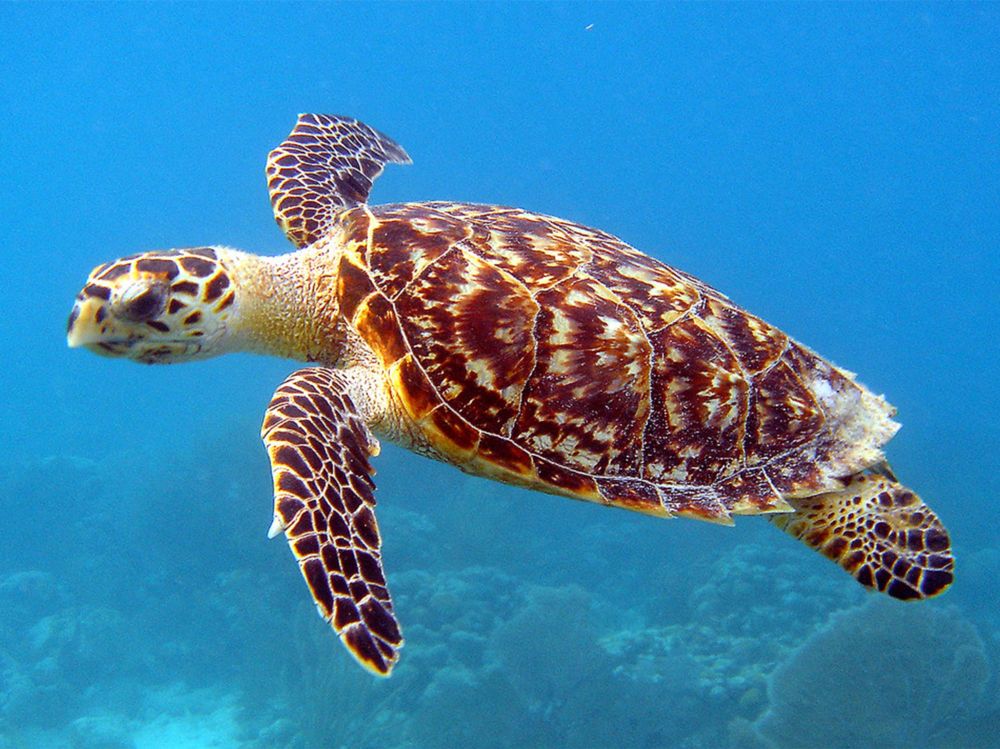
How do bright lights affect sea turtles? - TPR: The Public's Radio
Lights from cars, flashlights, houses and streetlights can all prevent turtles from navigating to their nesting grounds. This week on Possibly we explain how you can help keep sea turtles safe.
thepublicsradio.org
Possibly
@askpossibly.bsky.social
· Jul 22
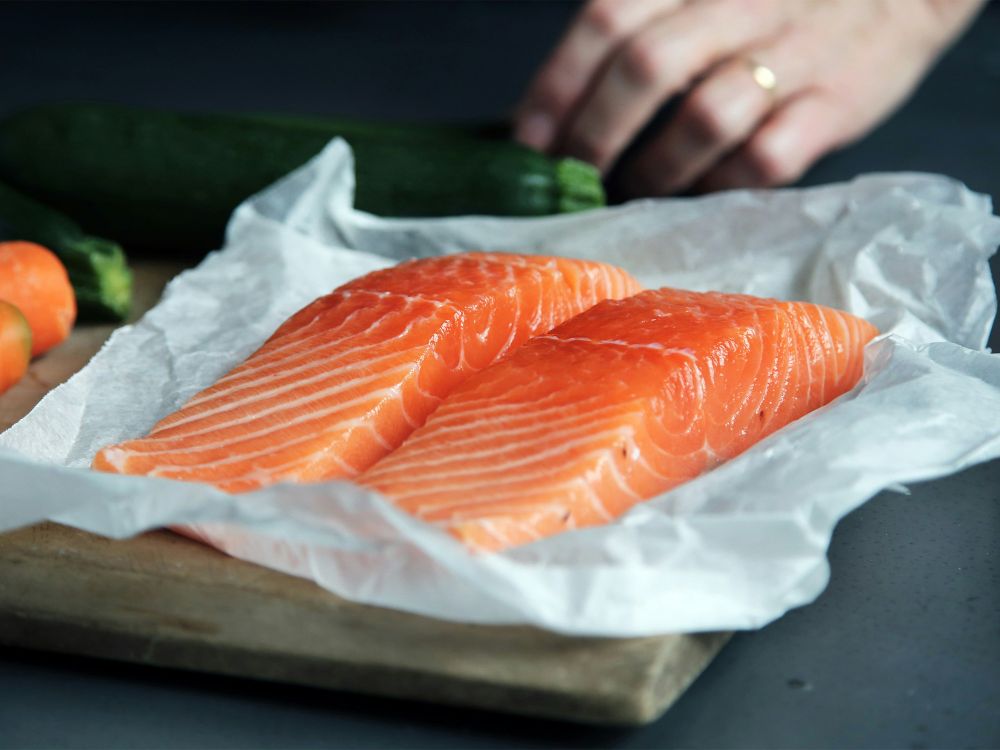
Should you buy farm-raised or wild salmon? - TPR: The Public's Radio
This week on Possibly, we’re taking a look at what’s going behind the scenes of your local grocery store’s seafood aisle. When you choose between farm-raised and wild caught salmon, what environmental...
thepublicsradio.org
Possibly
@askpossibly.bsky.social
· Jul 16
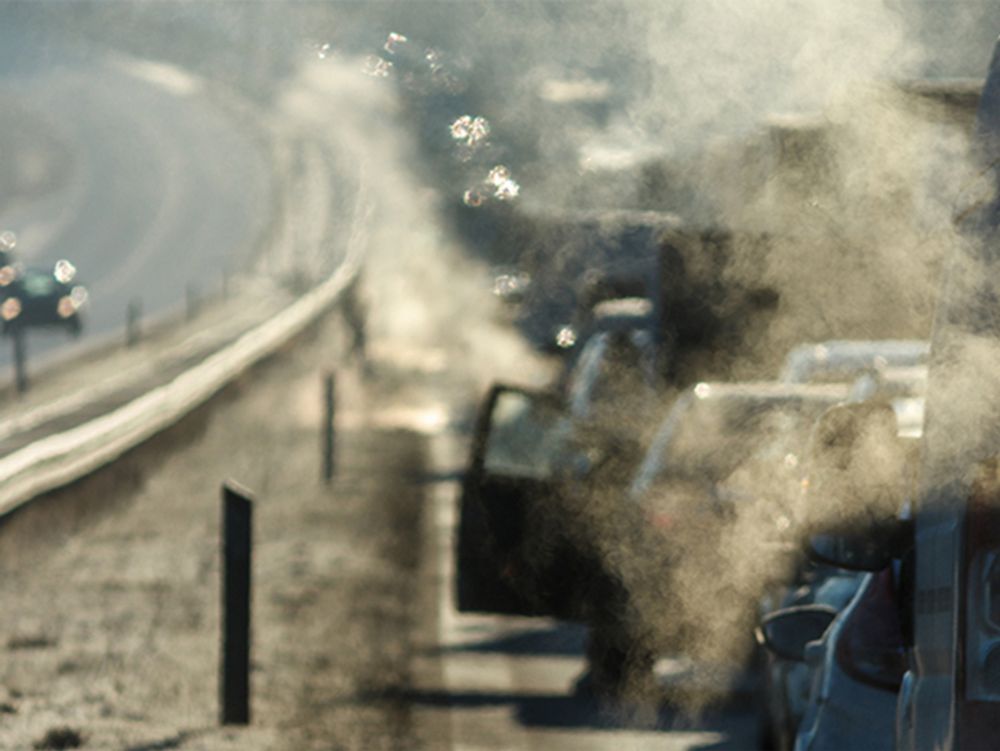
How does air pollution affect our health? - TPR: The Public's Radio
If you’ve been outside on a smoggy day, you’ve probably noticed that your body reacts poorly to bad air quality. Maybe you coughed, or got a headache. But what actually happens to your body when you b...
thepublicsradio.org
Possibly
@askpossibly.bsky.social
· Jul 8
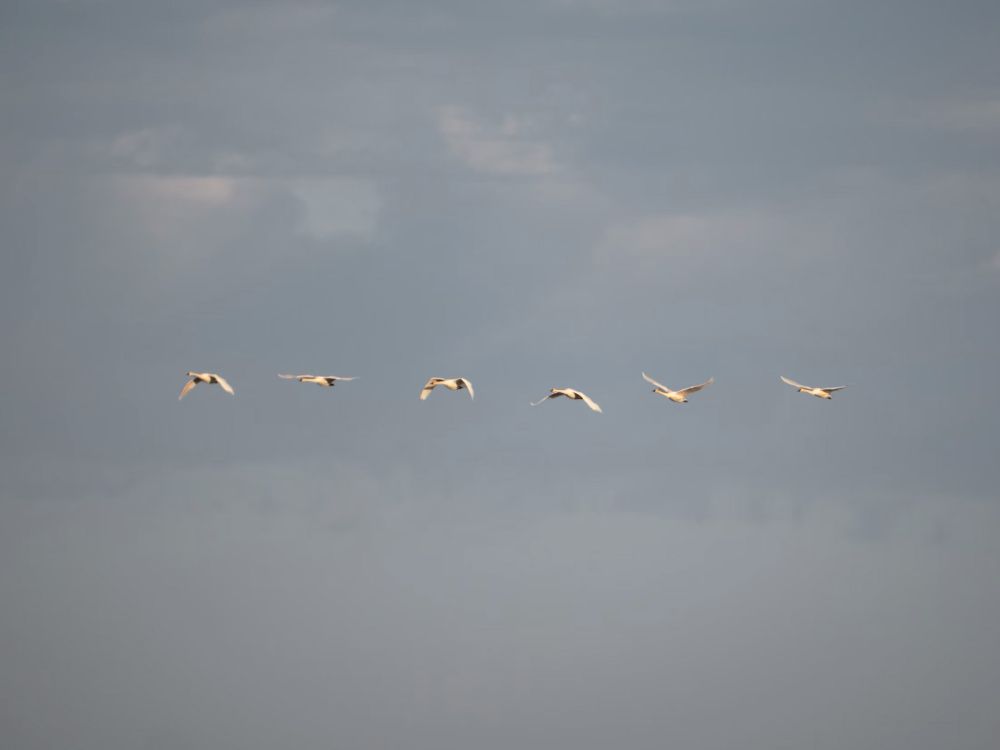
Should we help plants and animals move if they can’t keep up with climate change? - TPR: The Public's Radio
This week on Possibly, we’re looking at a practice called assisted migration – physically moving organisms whose habitats are shifting due to climate change. Should humans intervene to help species ke...
thepublicsradio.org
Possibly
@askpossibly.bsky.social
· Jun 17
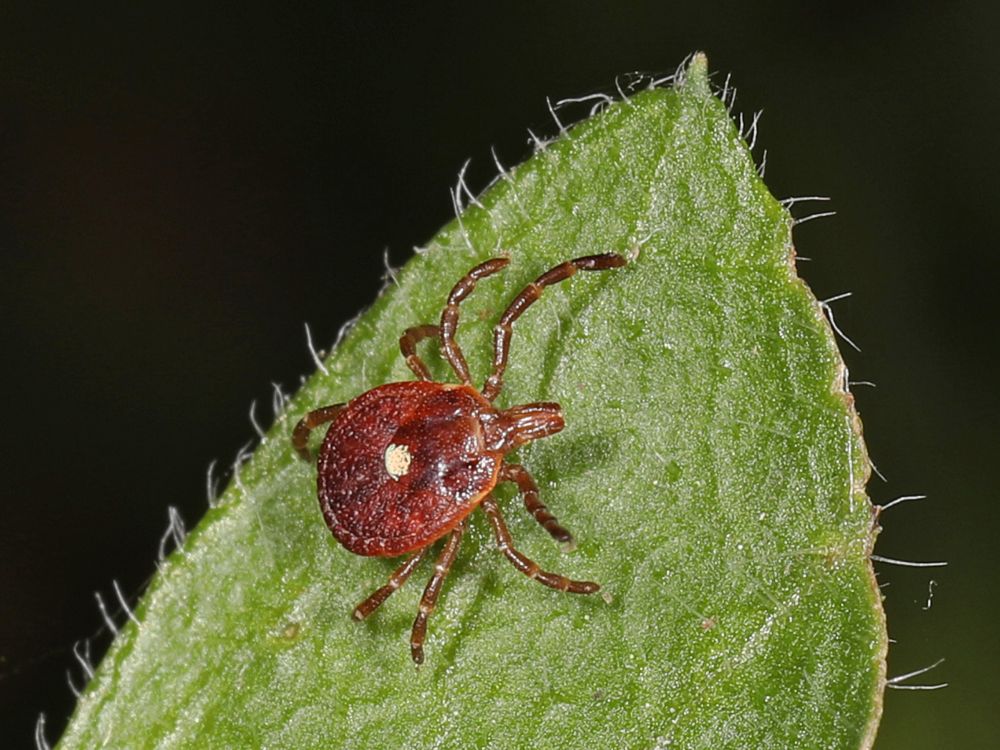
Tick Season is Here – What is Alpha-gal Syndrome? - TPR: The Public's Radio
The syndrome, which can make you allergic to red meat, is spread by a type of tick that has become more common in Rhode Island. What should you know to stay safe?
thepublicsradio.org
Possibly
@askpossibly.bsky.social
· Jun 10
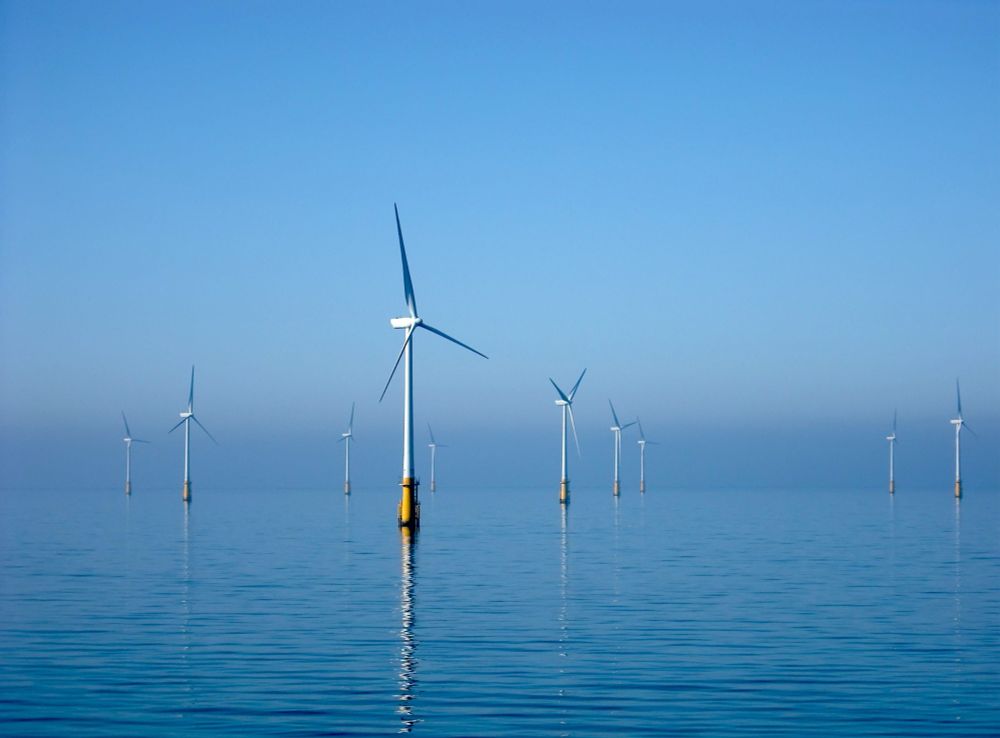
What’s the climate impact of building wind turbines? - TPR: The Public's Radio
Even though wind turbines offer emission-free energy, manufacturing, transporting and installing those turbines does create greenhouse gases. This week on Possibly we do the math and find that turbine...
thepublicsradio.org
Possibly
@askpossibly.bsky.social
· Jun 4

Heat pumps run on a substance that can create a lot of emissions. Is it still worth buying them? - TPR: The Public's Radio
If refrigerant, the key substance inside a heat pump leaks into the atmosphere, it can warm the planet thousands of times more than CO2. The Possibly team does the math to see if that risk outweighs t...
thepublicsradio.org
Possibly
@askpossibly.bsky.social
· May 27

Why would an energy company remove its dams? - TPR: The Public's Radio
When four dams were removed along the Klamath River in the Pacific Northwest, it meant giving up a source of renewable energy. But clean energy wasn’t the only factor the company had to consider.
thepublicsradio.org
Possibly
@askpossibly.bsky.social
· May 13

Can green spaces make you happier? - TPR: The Public's Radio
It always feels better to go outside, move around a little bit, and get some fresh air. But this week on Possibly we look into the research, do green spaces actually improve our health?
thepublicsradio.org
Possibly
@askpossibly.bsky.social
· May 8

How can I replace my gas stove? - TPR: The Public's Radio
Gas stoves can pollute the air in our homes and even contribute to climate change. But lots of people enjoy cooking on them. Is there a way to switch away from gas that works well and doesn’t break th...
thepublicsradio.org
Possibly
@askpossibly.bsky.social
· Apr 29

Could music help us adapt to climate change? - TPR: The Public's Radio
Chris Thile’s new Audible podcast and musical variety show, the Energy Curfew Music Hour uses music to imagine how people can adapt to a world reshaped by climate change.
thepublicsradio.org
Possibly
@askpossibly.bsky.social
· Apr 22

Good News Abroad - China - TPR: The Public's Radio
The news about climate change efforts in the US hasn't been great lately. So Possibly is launching a new occasional series to highlight advances against climate change around the world. Up first: Chin...
thepublicsradio.org
Possibly
@askpossibly.bsky.social
· Apr 15
